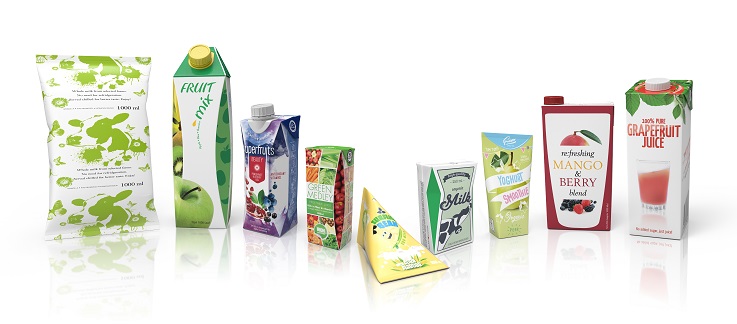
Opinion: Tetra Pak outlines priorities in digital industrial age
Contributed by Tetra Pak
Robots. Artificial Intelligence. Complex algorithms that take decisions for you before you even knew they needed to be taken.
Machines that “talk” to each other and take action about the goods they are producing.
Vehicles that drive themselves, and alert you to the fact that they are about to break down before they actually do so.
Welcome to the world of Industry 4.0, the term that’s becoming used to frame together some of the current trends in industry around digitalisation, automation and data exchange in manufacturing technologies.
Industry 4.0 is about smart manufacturing: fully-integrated collaborative systems that respond in real time to meet changing demands and conditions in the factory.
It is the next, decisive, leap in industrial history, where automation combines with IT networks and systems – enriched through live and constantly-available data and analytics – to drive operations more efficiently and effectively.
The concepts behind Industry 4.0 are so broad, and the scale of the opportunities sometimes so unknown, that many food manufacturers could understandably be forgiven for struggling to understand how the technologies affect them.
Which are most relevant for their business – and which are still a “work-in-progress”?
The good news is that the integration of the processes offered by the technologies behind Industry 4.0 can help food manufacturers meet many of the current demands being placed on them, be they about enhancing food safety, better managing their supply chains, ensuring the greatest profitability in a complex, competitive world, or being able to respond flexibly to changing consumer demands.
On one level, Industry 4.0 will be all about making people’s jobs easier. However, it raises fundamental issues about what sort of jobs will be created in the years ahead, and what skills will be needed to fill them.
How can we train or retrain employees to embrace the new work culture that this entails, and change mindsets to embrace a new era of increasing automation positively?
Industry 4.0 is also important because it will enable – and require – food and beverage manufacturers to take a new approach towards their businesses: one that involves greater imagination in terms of successfully envisaging the future, greater integration of processes, and a greater need for clarity around outcomes and how a firm is going to achieve them.
This White Paper offers food manufacturers help in how to meet these demands.
It will help food manufacturers gain an understanding of the full opportunities available, and the sorts of investments or changes in existing processes they might need to make if they are to seize them.
It also examines what ‘best practice’ looks like, and how businesses can decipher some of the more technical aspects of the concepts involved.
Most importantly, food manufacturers need to forge new partnerships across industries and seek new allies to navigate the new world.
Some of the changes can be daunting; some of the language and concepts baffling.
But with the right partners to go on the journey with them, thanks to Industry 4.0 they will be far better placed to thrive in an increasingly competitive world.
